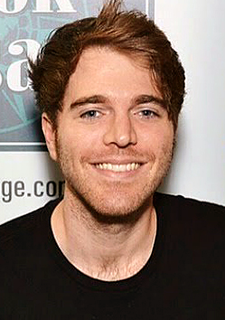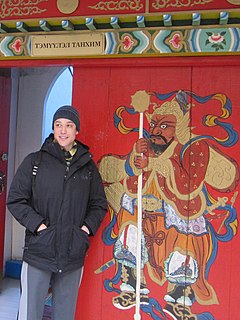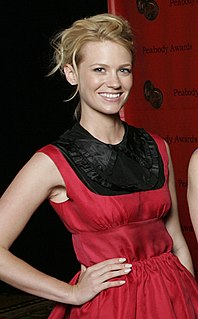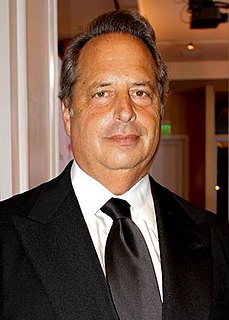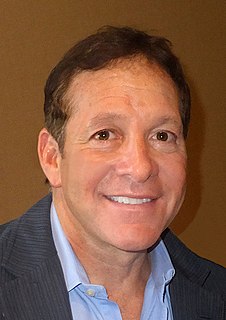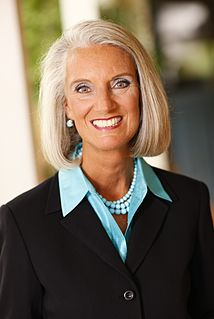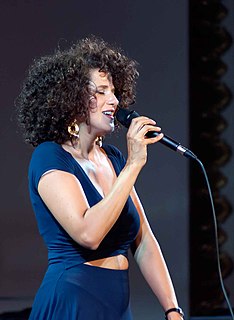A Quote by Jim Gaffigan
My goal in life is to be as happy as a studio audience.
Related Quotes
I think everybody's goal was to make something that was really broad for a big audience, which was my goal too. But my main goal was that I wanted my audience to love it, because they're the ones who are going to buy it, and they're the ones who are going to tell their friends. And I wanted to make sure that core audience was really happy, because if they all buy it we have a successful movie.
I don't understand choreographers who say they don't care about the audience or that they would be happy to present their works non-publicly. I think dance is a form of communication and the goal is to dialogue with the audience. If an audience member tells me they cried or that the dance moved them to think about their own journey or a family member's, then the work is successful.
Life is [perceived as] a series of problems: Either you are in one now,
you're just coming out of one, or you're getting ready to go into another one.
The reason for this is that God is more interested in your character than your comfort.
God is more interested in making your life holy than He is in making your life happy.
We can be reasonably happy here on earth, but that's not the goal of life.
The goal is to grow in character, in Christ likeness.
Success for me is to feel happy - 80 percent of the time. That's been my goal in life. I think that comes from my father. He's a very optimistic, happy person. I'm not quite sure if I'll ever feel this, but I want to know how to be happy. I'm happy when I'm at work. I'm happy when I'm with my family or my dog. But there's always that feeling of, I'm not satisfied. I have that thing in my stomach where I just need to keep striving for things. In my mind, I want the fairy tale.

